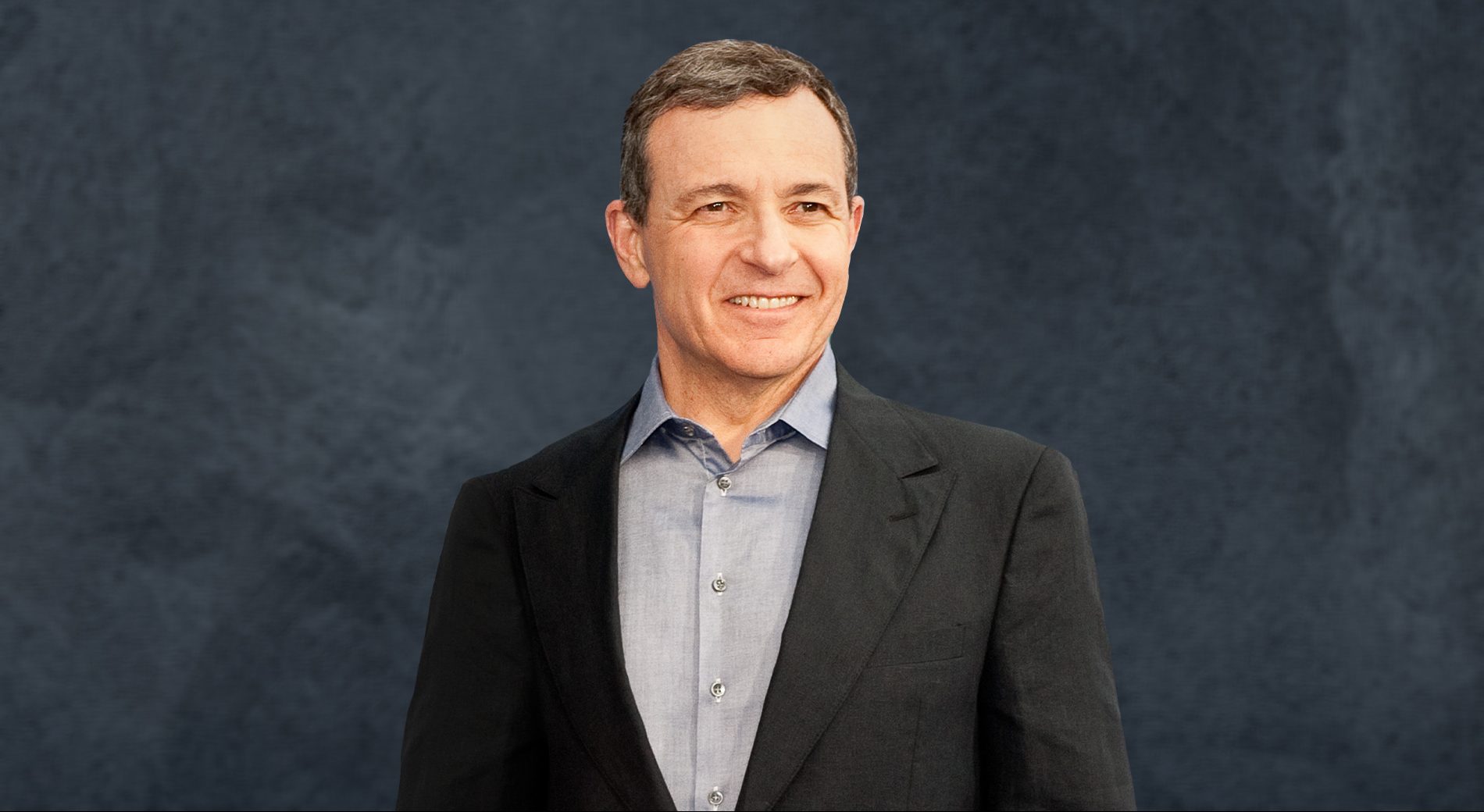In his book The Ride of a Lifetime: Lessons Learned from 15 Years as CEO of the Walt Disney Company, Iger outlines qualities ranging from optimism and decisiveness to integrity as core to his leadership style. This approach has been reflected in the evolution of the business. Under his tenure, Disney has become the media force to be reckoned with, overseeing the acquisition of Pixar, Lucasfilm, Marvel and most recently, Fox. Iger also oversaw one of the most complex, exciting and expectation-defying launches of 2019 - Disney Plus. Disney created a global marketing campaign that exhilarated children and adults alike and delivered a product experience that drove subscription rates to record-breaking levels right out of the gate. While Iger rose from relative obscurity to near-celebrity status during his time at Disney, throughout he remained a calm and decisive figurehead, steadying the ship throughout the tides of change.
While these are qualities that every good leader needs to embrace, as CEOs, we should use times of change to reflect how we can best serve the position. How can we improve the quality of our staff’s well-being, for example? Can we build a community that creates moments of learning and delight for staff and clients? What can we offer clients that serve their unmet, everchanging needs? How can we find inspiration and content to galvanise our individual growth to better lead teams through uncharted territories?
Being a CEO today comes with a lot more scrutiny and a brighter spotlight than ever before. In certain sectors, particularly tech, the CEO’s role expands beyond just leadership. Leaders such as Elon Musk and Mark Zuckerberg don’t just lead their businesses, they are their businesses. Elon Musk, for example, can change Tesla’s share price with a single tweet. This brand of leadership, which can prove hugely successful, sees the leader’s personality influence every facet of the business - again demonstrated by Tesla, via its employee handbook.

On the other end of the spectrum, we have the CEO who is less present. This is more common than you think, as shown by a recent survey across Western and Northern Europe and North America into what employees think of their Chief Executives. The survey found that staff feel isolated from their leaders, with one in five non-management employees never even having met their CEO. It also found that 60% of employees in the US feel they don't have a say into where their organisation is headed.
Both types of CEO cast a shadow on the most important leadership quality of them all - empathy. Empathy will be the most important quality of the future CEO. Empathy in practice starts with active listening to understand the needs of the people on your team on both a professional and personal level, and acting on them. This approach will inform the future workforce and the client relationships that are built. It is also key to diversifying the profile of future leaders, as it enables CEOs to understand and create opportunities for a range of personalities. Another quality that has never been more important than it is today is adaptability. The current global pandemic reminds us that a leader can never predict exactly what environment they will be operating in. It is vital that, alongside EQ, they have AQ – Adaptability Quotient - and this is a skill that is best learned through personal experience. A leader with high AQ will be resilient when navigating challenging or uncertain situations. This is a skill we will see grow in importance as businesses and organisations continue to adapt to our new reality.
It is also why it has been so heartening to see a new type of leader break through the ranks over the last decade. This is embodied by the rise of Indian leaders in the West, introducing the “balance of hearts and minds” philosophy which is a central tenet of Indian culture into businesses. Examples of this type of leader include Sundar Pichai at Google, Satya Nadella at Microsoft and Arvind Krishna at IBM – all of whom have driven fantastic results by a new way of leading. Nadella, for example, changed Microsoft’s brand statement to be “empower every person and every organisation on the planet to achieve more”.
While Bob Iger remains a strong example of a leader, today’s CEOs have an opportunity to break the mold and shape the next generation of leaders. We no longer have to be bound by outdated stereotypes that still dominate public perceptions. Leaders have a role to play in the well-being of staff, clients and stakeholders and they should be receptive and constantly listening to the needs of those around them.
CEOs also have a role to play in encouraging diversification of the role, via empathy and adaptability, and paying forward their success via additional projects for good and advocating for change. The modern leader has to look beyond shareholders to inspire their workforce and show that the business can have a positive impact in the world, in any climate.









